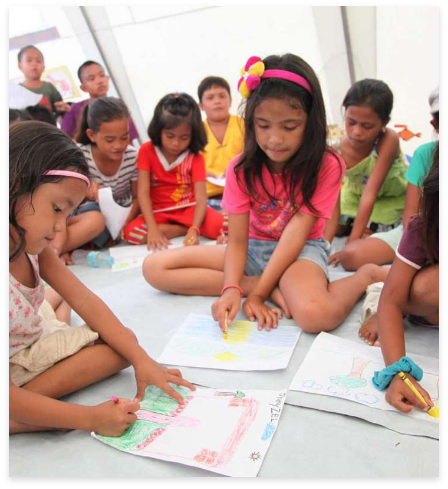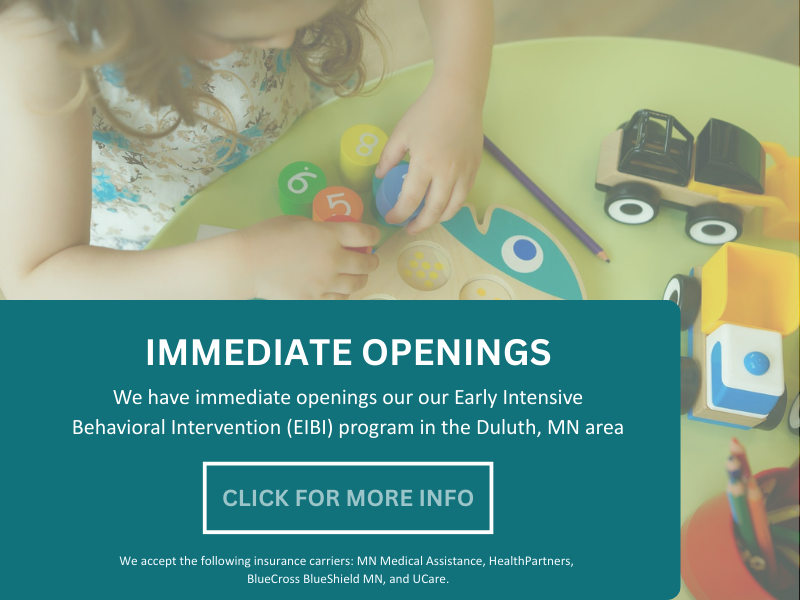Helping to Build a Person-Centered Path for Neurodiverse Individuals
Behavioral Dimensions (BDI) has been providing in-home comprehensive applied behavior analysis (ABA) services to children with autism and related and conditions and adults since 1997. Our main mission is to work closely with the individuals we serve and their caregivers using scientifically based assessment and intervention strategies. We work closely with the teams to help teach individuals skills necessary to meet their cultural needs and their person-centered goals.
BDI focuses on our team members because the best way to help more children is with our motivated team. At Behavioral Dimensions we can proudly say that we have 21 team members who have been working with us for over ten years and seven who have been with us more than 20 years!!
For additional information about Behavioral Dimensions and the extensive services we offer, please contact us at 952-814-0207.
Don’t forget to like us and follow us on Facebook























